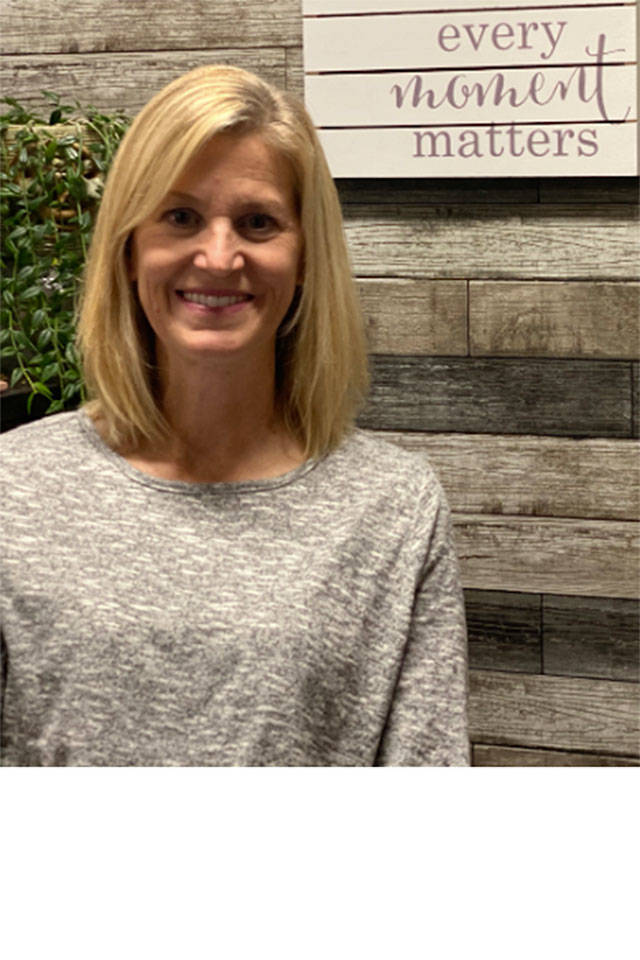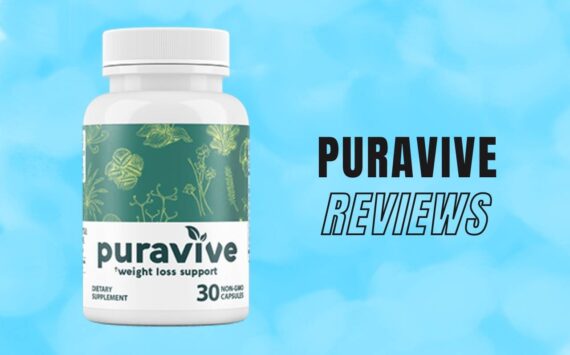MARYSVILLE – Some people don’t like to talk about their health problems.
But Diane Tillman isn’t one of them.
Tillman, who was born and raised in Arlington, was substitute teaching in a classroom where Susan Kasch was working. Kasch has been a paraeducator in the Marysville School District for 22 years, mostly with special needs students. Tillman has taught and substituted for the MSD since 2001.
Tillman, 58, told Kasch she recently had found out that she would need a kidney transplant. She had problems with her kidneys since 2004, when they functioned at 50 percent. Ironically, Kasch had been thinking about donating a kidney.
“One evening I was watching a program on television about a kidney transplant, and I felt my heart stir,” Kasch said. “I told my husband I wanted to donate a kidney…I didn’t pursue anything at that time because I didn’t know how to.” But when Tillman told Kasch of her needs, she asked, “What’s your blood type?” The testing process took about a year, and it was a perfect match.
“It was not just matching blood types,” Kasch said. “I was poked, prodded and questioned all along the way. I was not the least bit surprised to hear that I was a match. I had no doubt in my heart that this is what I was supposed to do.”
Tillman knew something was wrong in 2004. “I’d have to go home and take a nap. I was exhausted. It wasn’t normal at all,” she said.
She received mixed messages from medical personnel the past 15 years about whether she would need a new kidney – even a month before surgery.
In early 2019 Tillman’s kidney function was down to 17 points out of 100. One problem she faced in finding a donor was her blood type is O. “That’s not the best blood to have” because it’s more rare, she said. “They told me to ask everybody.”
So she did.
She had her kidney transplant on Aug. 21. Surgery took about three hours.
Tillman said: “The kidney was my second-best gift – next to salvation. It was a miracle. It’s such an amazing blessing and gives me a longer and better quality of life.” She said she’s still recuperating, and her energy level is low, but people say she looks better, and she’s back to work. Tillman, a Christian, said the number of miracles she’s been blessed with is amazing. “Finding a donor in the first place” is one, she said, along with the kidney not being rejected and never having to go through dialysis.
“Prayers do help. There were hundreds of people praying,” she said.
“Susan’s gift of a kidney to me humbles me to tears,” Tillman said. “We’re really close now.”
Kasch, 57, said god encouraged her to do it, and it wasn’t the first time. God also “pressed on my heart” when she got her foster son and when she worked at an orphanage in Africa.
“God was telling me to do this. It was absolute fate,” she said.
Kasch didn’t do it blindly. She did a lot of research. Even if her kidney wasn’t a match for Tillman, “If you donate a kidney her name goes up on the list,” Kasch said. She also had first-hand knowledge, as a sister in law donated a kidney to a brother in law and her pastor had a kidney removed when he was a child.
Most donation surgeries take up to four hours, although Kasch said hers was much longer. On the day of the surgery, Kasch was in her pre-operation room in total peace about the surgery. She hasn’t had any major issues, but “Once you’re home it’s a long, uphill battle,” she said.
Kasch was able to go back to work after two months, but most go back after six weeks. She still can’t do heavy lifting, and she hopes to get to hike this summer.
“It hasn’t slowed me down in day to day living,” she said, adding she’d do it again.
Tillman and Kasch want to share their story so others will come forward to help in similar situations.
Tillman said 13 people die every day waiting for a kidney. She mentioned two laws that could be changed to help with that.
One is in Congress right now, and will be studied in February. It’s called the Living Donor Protection Act, or House Resolution 154. It would protect people from being fired from their jobs or losing health insurance because they want to donate a kidney. It can take three months to recover from the procedure.
The other would repeal the National Organ Transfer Act of 1984. If the government gave $45,000 to each living donor as “an expression of appreciation by society,” as some nephrologists have proposed, it would save up to 10,000 lives a year and taxpayers would still come out more than $10 billion ahead, Bloomberg reports say. And it would save thousands of lives each year.
“More donors would come forward. It’s a win-win for the government and the people,” Tillman said.
Kasch agrees.
“My hopes in sharing my story is that more hearts would be stirred to donate… The need is out there,” she said. “If you have the chance to potentially change someone’s life, even if it causes some pain and discomfort for a few months, would you consider it?”








